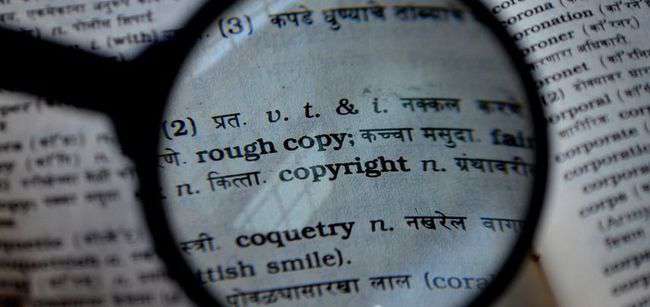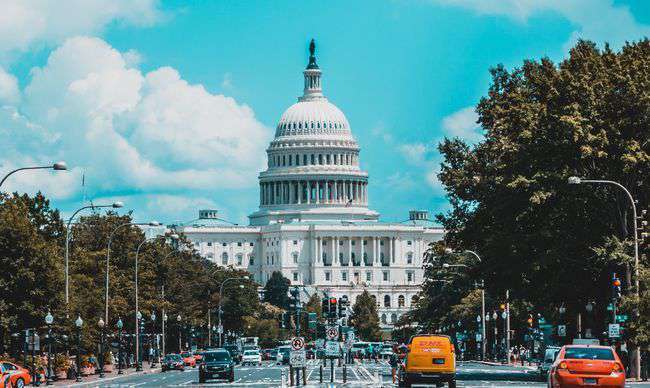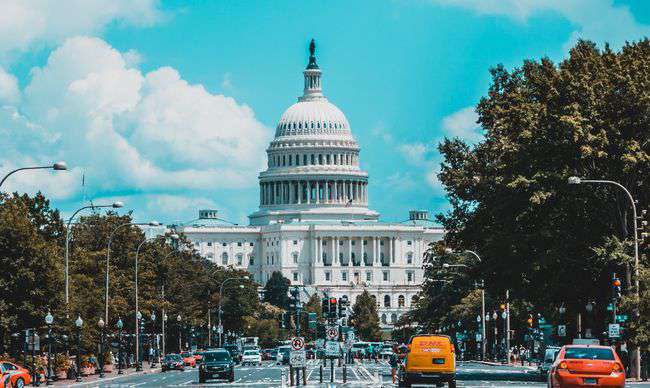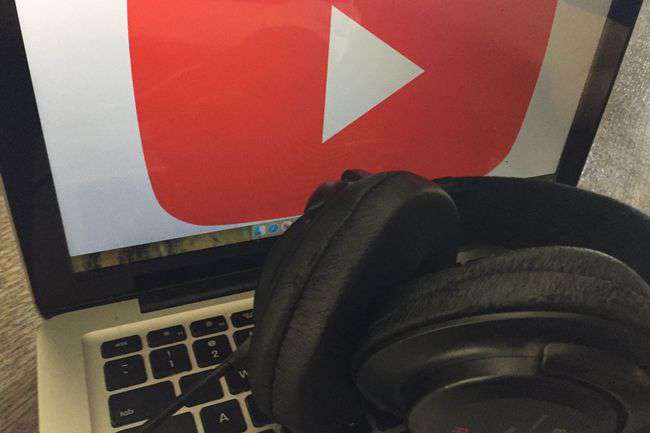Concerns over ALI Copyright Restatement Leave Project in Limbo

Over the past few weeks, widespread criticism has emerged over a superfluous and seemingly partisan effort to override existing copyright law. The target of concern is the American Law Institute’s (ALI) Restatement of the Law, Copyright project which—despite its stated mission to clarify copyright law—has been revealed as an influenced venture that could futher muddle already complex areas of IP law. And with disapproval ranging from the Restatement committee’s own Advisers to the Acting Register of Copyrights, the project’s future is suddenly in doubt.
Founded almost one hundred years ago, the ALI is an independent organization whose mission is to produce “scholarly work to clarify, modernize, and improve the law.” It brings together lawyers, judges, and academics to issue Restatements, the focus of which is to advance uniformity in fundamental state common law principles. But the...








